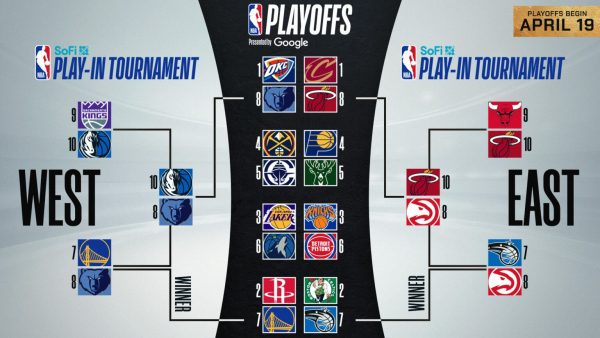Netflix knockdown
How streaming giant Netflix is looking to put an end to password sharing
Made with Adobe Express.
One of the largest household names of the streaming and entertainment industry, Netflix, is currently number seven in the largest internet companies across the globe. Racking in a market cap of $267 billion documented in June 2022, it’s safe to say that the company isn’t starving to pay the bills. In fact, Netflix commissioned about 160 titles in 2022 alone, well-known titles like “Stranger Things” and “The Crown” receiving new seasons. With a worldwide audience of 223 million paid subscribers, it’s hard to see why Netflix would believe a large piece of their pie is missing from the table.
However, Netflix has recently threatened a password-sharing crackdown, claiming they are missing roughly 30 million customers in the United States and Canada a year because of shared accounts. Released to the internet in January, Netflix has finally stirred the pot to try and redeem these losses. In return, a frenzy has stirred over the future of accounts, the rates they will pay to keep Netflix and the future of shared accounts on streaming platforms in general. Overall, if Netflix instates a complete ban on shared accounts between members, there are destined to be some consequences in the way.
For one, if Netflix truly does go through with such a restriction, it is already forecasted that there will be a mass deletion and cancellation of the platform as people seek alternatives. There are many people who already aren’t willing to pay the extra $10 for the ad-free experience, so there is talk on both Twitter and TikTok of leaving and finding other streaming platforms that better fit their needs. Netflix’s new code will require login from the “base” or regular place Netflix is streamed from in a household every 31 days, and logging in elsewhere will cause the account to be blocked unless the customer pays for extra users. This new condition could therefore potentially limit watching Netflix on the go or on vacation, the service reading that the device is not on the home’s WiFi and asking for extra compensation or face blockage. New issues are bound to arise and cause a switch, with Netflix already losing one million subscribers in the past summer due to an increase in prices.
There is a widespread hysteria of other streaming services quickly following Netflix’s lead and penalizing shared passwords. The shift to this new effect is daunting, with more and more people possibly losing their ability to stream shows and movies due to their newfound inability to pay the service fees. With everybody turning to this new policy, if they choose to do so, there could be a massive exodus from the idea of streaming worldwide, more people turning back to cable or on demand. Netflix’s popularity is declining, its stock shares down nearly 65% for the year of 2022.With this information, the future of the company is looking a little grim. With the extra heat on the company and more people leaving, it is completely possible that this entertainment giant could be tamed and replaced with time.
People argue Netflix is justified in trying to get their lost profits back by ending shared accounts. This may be the case, but in the end it is almost impossible for Netflix to try and get back all 30 million of these people. In return, Netflix will be sacrificing their existing customers in the process. Many shared accounts, for example, are created because of Netflix’s rising rates and an inability to pay. This phenomenon, similarly, can drive existing members away who already are putting up with the higher rates in exchange for their shows. With the added hoops to jump through, many could unsubscribe and just switch to another company who better suits their needs.
All in all, Netflix doesn’t really have too much to gain from a worldwide standpoint by tightening regulations on password sharing. Instead, it has been met with more backlash and mass threats of ending subscriptions due to these new regulations, making the whole new proposal on password sharing a bad business deal. As a result, the reversal of this new password plan would save all of Netflix’s subscribers while they still remain loyal to the company instead of bearing the losses a mass exodus could impose.

Carolyn Gilbert is a third-year staff member and is now the editor in chief and magazine editor of Bridgeland’s Student Media site and magazine for the...










